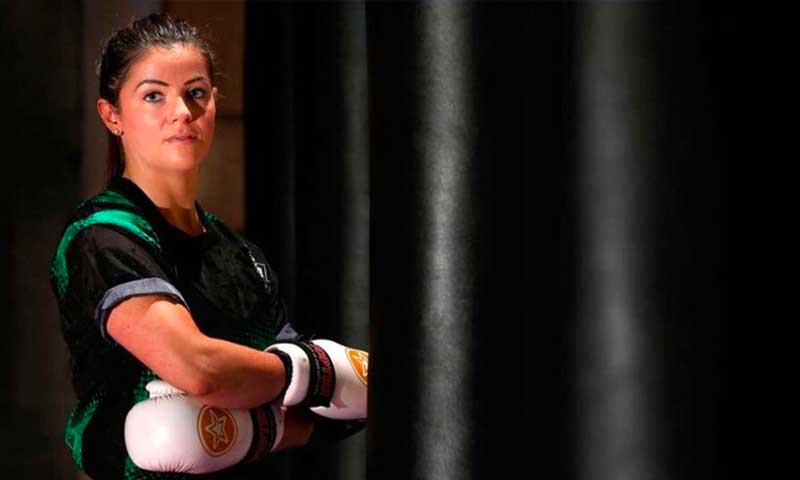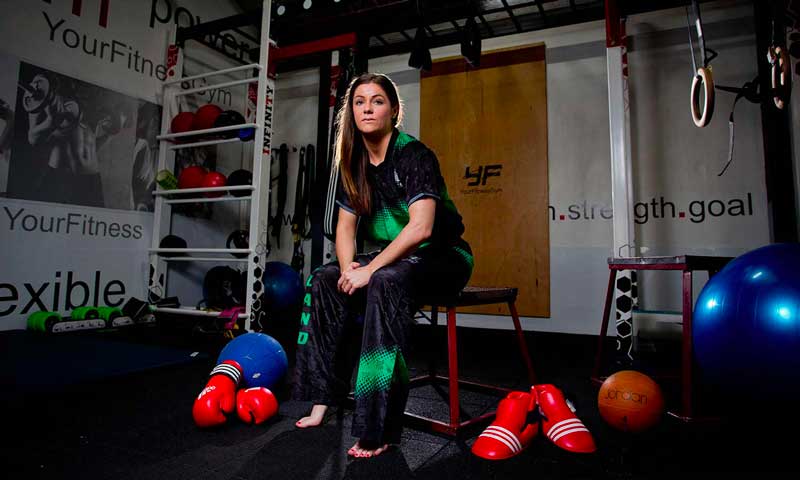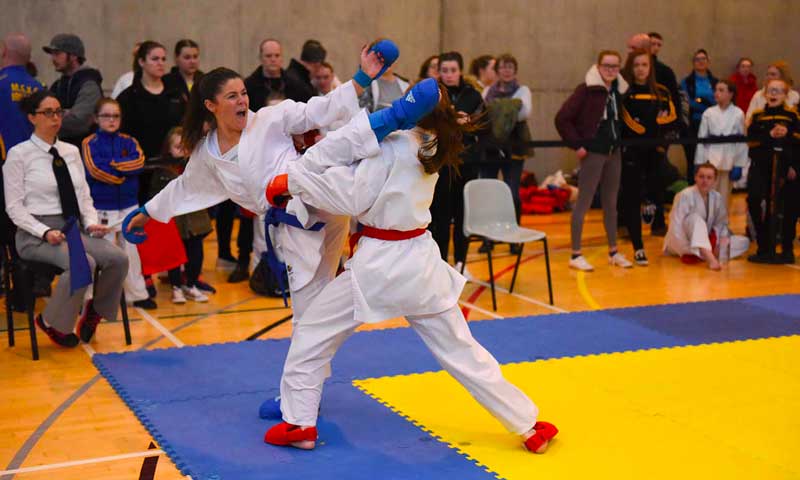Why we need meaningful athlete representation in sport
Why we need meaningful athlete representation in sport
“Caradh O’Donovan is a former Kickboxer and is also a member of the Irish Karate Team. After a successful career in kickboxing winning multiple World, European and National Titles she recently made the switch to Karate where she has since won numerous National Championships”
Recently I wrote about the importance of athletes using their voices and speaking truth to power. While I received a lot of support in the aftermath, I also received some questions. One in particular struck a chord with me.
“Imbalance in power between athletes and administrators” What imbalance? Why is this a problem?
After spending over twenty years competing internationally in sport, it is very clear to me that there is an imbalance of power and the gap that exists between sportspeople and administrators is not narrowing quickly enough in my opinion. For those who do not see evidence of this, I can divulge. Let’s look at my own sport.
In 2018, the Executive Committee of Irish Karate passed a motion of no confidence in their longstanding President Peter Coyle. Ultimately he refused to accept that he had been removed from power. With a decades-long relationship with the World Karate Federation in place, the International Federation President quickly backed Coyle while the new interim President of Irish Karate (Chris Kelly) had the support of the National Sporting Authority (Sport Ireland) and the National Olympic Committee of Ireland. It meant we now had two groups claiming to be the National Federation for the sport and it ultimately led to athletes being blackmailed, intimidated and coerced into taking sides of a divide which they had no part in creating. While I and others refused to accept these conditions and toe the line, we were subsequently refused selection for the European Championships and other Olympic qualification events. I was also publicly accused of being a disgrace to my country, a perpetual whinger, of taking bribes to tell mistruths and of being a poor influence on other members of the Irish team. All of these remarks on social media came from officials within the sport. As did all of the decision making that led to this. The impasse took eighteen months to resolve. So why is this imbalance a problem? Well perhaps if athletes had seats around the decision making table this may have been avoided in the first instance.
Prior to me being a karateka, I was a kickboxer for the best part of two decades. My experience of mistreatment in this sport certainly trumps the aforementioned. The culture here trained me to endure weight shaming, disordered eating, dangerous weight cuts, harassment, bullying, ‘make it up as you go along’ selection criteria and more. And that’s just my story; others have worse to tell. And here’s the bit I struggle most with – these ‘norms’ mostly go unchecked! But this is not about history, blame or rehashing my experience. This is about wanting change. It’s about highlighting that there is a problem and that as long as we promote silence and secrecy we will continue to see corruption, abuse of athletes and watch sport lose its last shred of credibility. If it hasn’t already been lost. All of my challenges came in sports that had practically no athletes in decision making capacities. I believe that if athletes had more input into decisions we may even start to see a healthier culture, that could attempt to reverse the lack of concern for athlete welfare that is riddled throughout elite sport.
Caradh’s reaction to the postponement of the Summer Olympics
And when I talk about athlete representation I mean all athletes, not just the good ones. As it stands, the few athletes that are listened to need to boast an athletic CV dripping with medals. It appears to be a case that if you’ve won nothing, you’re not entitled to an opinion. I’ve witnessed many examples of athletes who have not achieved at the highest level of their sport or have participated in a sport that is outside of the ‘clique’, and they’ve been, at best, discriminated against. Take this example. Recently in Ireland, a small fraction of elite female athletes were given maternity benefit rights through Sport Ireland. While this announcement was a massive step forward, it leads to some questions. Why has it taken until now for this to happen? And also why is it limited to only certain high performing sports? Who decides which athletes matter and which don’t? I know my opinion and others around me have not been listened to. If we had we would have a far different sports policy than what is currently in place in Irish sport.
Lack of meaningful athlete representation is not limited to Irish sport however. The same is scattered across almost all International Federations of sport, the International Olympic Committee and the World Anti-Doping Agency. So while athletes have little or no say in how their sports are run we sit back and watch the leaders who are running sport, in its current format, fail. While I can’t guarantee that having equal voting and decision rights for athletes will reverse the damage that’s been done, it’s surely worth trying? That aside, is it not a basic right that athletes should have an equal say in decisions that impact upon them? Tokenism is no longer good enough, serious athlete representation is what needs to happen.
Follow Caradh on Twitter
PledgeSports is the global leader in crowdfunding & sponsorship for sport.
Are you or someone you know raising money for sport ? If so, get in touch with us via info@pledgesports.org, or visit www.pledgesports.org and hit “Create A Campaign” to start raising money today!
For all the latest sports news follow PledgeSports on Facebook, Twitter, and Instagram.



